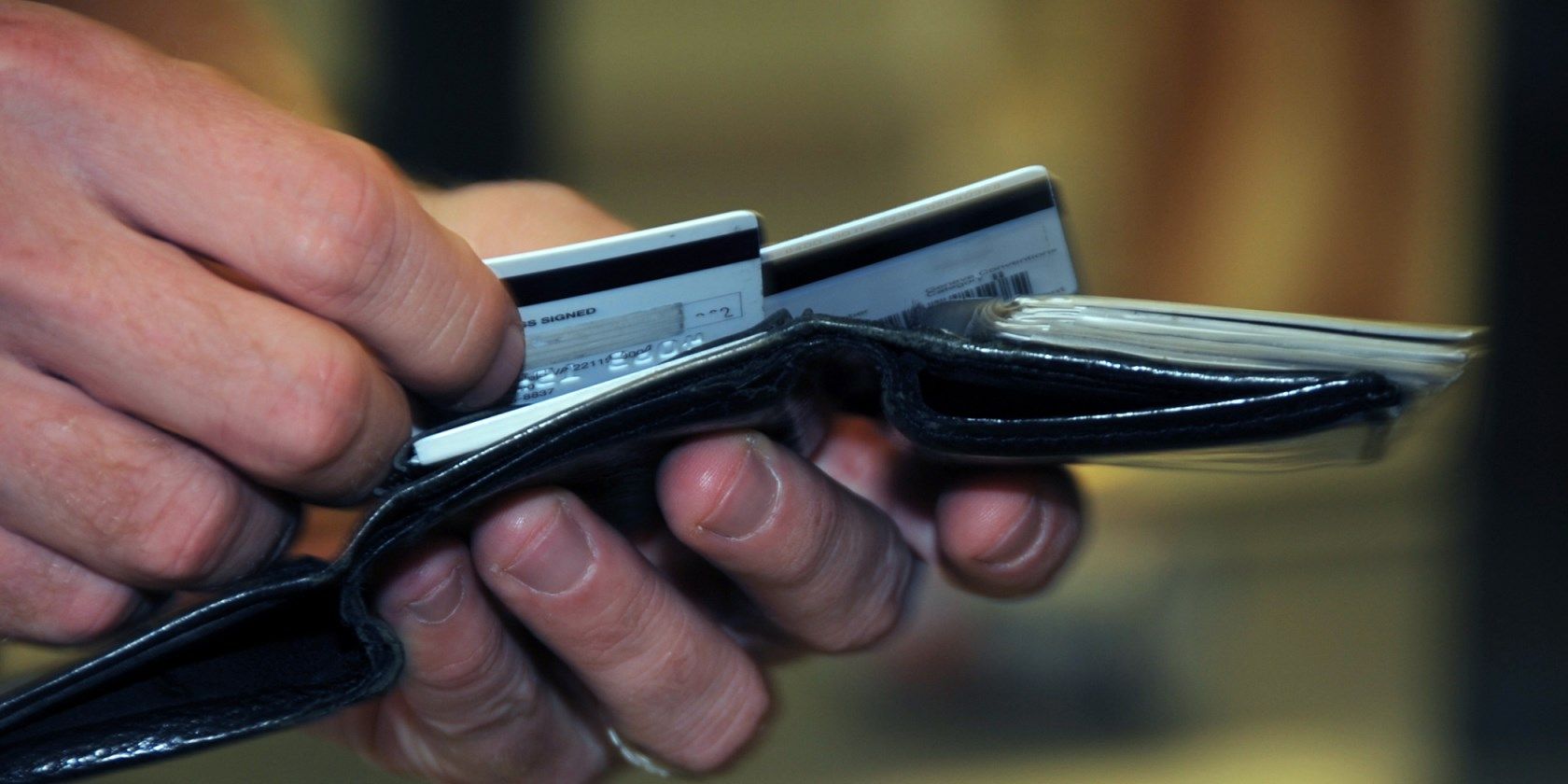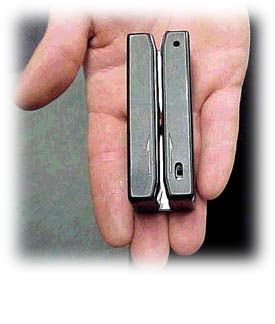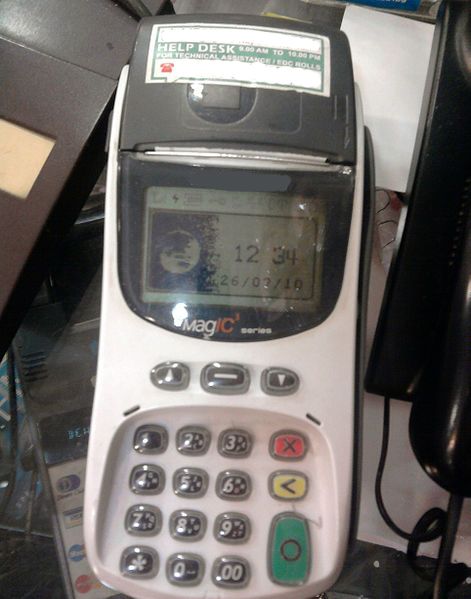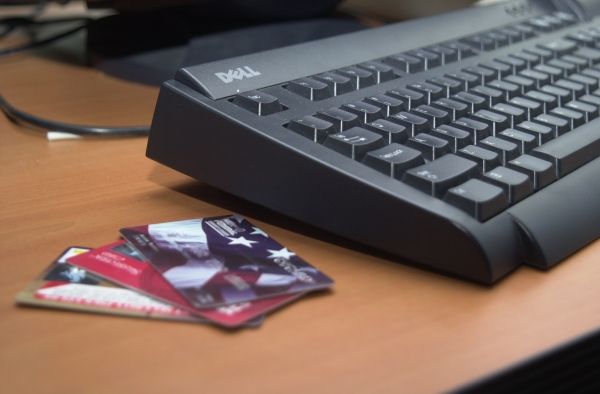If you regularly pay by credit or debit/cheque card (and who doesn't these days?) you should be aware that your card can be cloned. But how is this done, and what types of business are particularly vulnerable to criminals hanging around pinching your card details?
Speaking personally, I had a credit card cloned back in 2007 at a popular pizza restaurant chain in the UK – by a member of the serving staff. When I next checked my balance I saw that I had been shopping in Liverpool later that day – a good 100 miles away from where I ate the pizza.
It was this single experience that opened my eyes to the possibilities and threats of digital scammers, modern day pickpockets who are a world away from the cute street urchins of Oliver Twist. Using your money to fund all manner of illegal exploits, these are not the type of people you want to come face to face with.
Therefore, your best protection against card cloning is awareness.
How Cloning Is Achieved
Cards can be cloned using a system called skimming, in which the cloning device is perhaps concealed in the pocket of the person you're paying – or in extreme situations, attached to the payment machine.
The information from the magnetic strip on your card is then copied and the PIN observed or recorded as it is entered for payment. With your card details captured, they can be entered online or programmed into a brand new card which the thieves will then use, charging their purchases to your account.
You're probably thinking that the nice girl in your local supermarket or takeaway wouldn't dream of cloning your card, and you would probably be right... in most cases.
Where Your Card Can Be Cloned
As relayed above, I was enjoying a pizza with my wife in the beautiful northern English town of York when I had my card skimmed and cloned. I know this as it was the only time my card was out of my wallet all day.
But it isn't just restaurants and shops where your card might be cloned. Anywhere the card might be out of sight for a moment can prove to be a risk – one that costs an awful lot.
So, anywhere that you pay by card can be a risk. This might be a restaurant, or it might be a pay-at-the-pump garage forecourt. Equally, your local ATM might have been modified with a skimmer and perhaps a false front to conceal it.
Take Precautions Against Credit Card Cloning
To avoid falling victim to these frauds, you should keep a sharp eye on the person you are paying. Make sure they don't take your card out of sight, and ensure they have nothing in their hands.
As far as card payment devices and ATMs are concerned, look carefully to see if there is something that looks wrong, or out of place. In garages, you might prefer to pay in person usually than at the pump; similarly, if you can withdraw money over the counter in the bank rather than at an ATM, do so.
It should also go without saying that in order to avoid having your card details stolen, you should avoid entering them on public computers (cybercafes, libraries or across public Wi-Fi) and sharing them over the phone in a public place.
Credit Cards and RFID Hacking
Although the aim of banks and credit card companies seems to be the embedding of RFID technology into cards for contactless payment, not all cards have this facility as yet.
If your card does have an RFID chip, however, you will find that you are at further risk as your details can be copied without the card ever leaving your possession. Our guide to drive-by RFID hacking will explain more, showing you how to take precautions to block RFID chips from being read without your consent. RFID Can Be Hacked: Here's How, & What You Can Do To Stay Safe explains more about this, as well as the ways in which RFID can be abused.
And don't forget, wallet apps on NFC-equipped smartphones also have the potential to be hacked. If you want to use this method of payment, remember to disable NFC when it isn't in use.
Plastic is Convenient For Everyone – Stay Aware!
The main problem with paying by plastic is that while convenient, it is less secure than carrying money in your pocket. There is only so much you can carry in a purse, wallet or pocket, after all – plastic offers thieves a route into your bank or credit card account.
Convenience suddenly becomes a two-way street, one that we might hope our banks would be keen to close off from society's undesirables.
Sadly this isn't the case. Although credit card fraud amounts to $190 billion a year in the USA – of which cloning is just one of many tactics – the onus is on you, the card user, to protect your funds from hackers, cloners and con artists.
So remember – don't let your credit or debit/cheque card out of your sight!
Image Credit: Skimmer, Card machine, Cards in wallet, Keyboard




